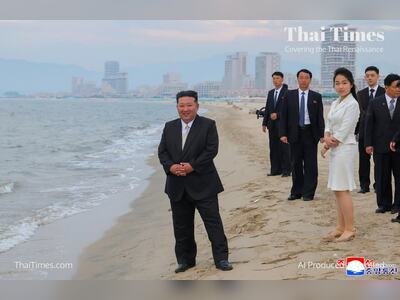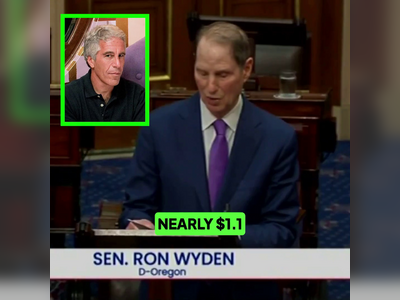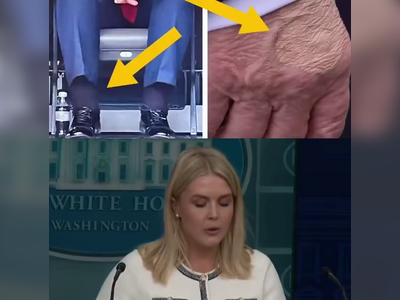0:00
0:00
Thai Retailers Call for Government Action Against Influx of Cheap Foreign Goods
Domestic businesses urge stricter import controls and tax reforms to protect local markets
The Thai Retailers Association (TRA) has raised concerns over the increasing influx of inexpensive foreign products undermining local businesses, particularly small and medium-sized enterprises (SMEs).
This issue has prompted calls for government intervention to ensure fair competition and consumer safety.
TRA President Yol Phokasub emphasized the urgency of revising import taxes on luxury goods to align with neighboring countries, aiming to attract foreign tourists and bolster the competitiveness of Thai SMEs against established foreign brands.
The association has proposed several measures to address these challenges:1. Enhanced Import Quality Control: Implement stricter enforcement of quality standards for imported goods, including comprehensive inspections by the Customs Department and the adoption of advanced technology to improve accuracy.
This also involves closing legal loopholes related to dumping by setting minimum price controls for imports.2. Tax Restructuring for Fair Competition: Advocate for equitable taxation of e-commerce platforms to level the playing field for local businesses and ensure long-term benefits for consumers and the economy.3. Addressing Nominee Structures: Urge the government to implement stringent measures to verify the legitimacy of company registrations, preventing foreign entities from circumventing the Foreign Business Act.
This includes stricter licensing requirements and designated zones for foreign-owned businesses.In response to these concerns, the Thai government has initiated measures to curb the influx of substandard foreign goods.
The Commerce Ministry has developed a strategic plan involving multiple government agencies to tackle this issue, aiming to protect domestic SMEs and consumers.
Deputy Commerce Minister Napintorn Srisunpang highlighted that the ministry's subcommittee, responsible for supporting Thai SMEs and cracking down on poor-quality foreign goods, has convened with representatives from 20 government agencies.
The focus is on addressing challenges posed by agricultural, consumer, and industrial products that do not meet local standards.Furthermore, the government is considering tax measures for e-commerce to ensure that international platforms are taxed fairly and do not harm the Thai economy.
These developments underscore the concerted efforts by both the private sector and government agencies to safeguard Thailand's domestic market from the adverse effects of cheap foreign imports, ensuring fair competition and the protection of consumer interests.
This issue has prompted calls for government intervention to ensure fair competition and consumer safety.
TRA President Yol Phokasub emphasized the urgency of revising import taxes on luxury goods to align with neighboring countries, aiming to attract foreign tourists and bolster the competitiveness of Thai SMEs against established foreign brands.
The association has proposed several measures to address these challenges:1. Enhanced Import Quality Control: Implement stricter enforcement of quality standards for imported goods, including comprehensive inspections by the Customs Department and the adoption of advanced technology to improve accuracy.
This also involves closing legal loopholes related to dumping by setting minimum price controls for imports.2. Tax Restructuring for Fair Competition: Advocate for equitable taxation of e-commerce platforms to level the playing field for local businesses and ensure long-term benefits for consumers and the economy.3. Addressing Nominee Structures: Urge the government to implement stringent measures to verify the legitimacy of company registrations, preventing foreign entities from circumventing the Foreign Business Act.
This includes stricter licensing requirements and designated zones for foreign-owned businesses.In response to these concerns, the Thai government has initiated measures to curb the influx of substandard foreign goods.
The Commerce Ministry has developed a strategic plan involving multiple government agencies to tackle this issue, aiming to protect domestic SMEs and consumers.
Deputy Commerce Minister Napintorn Srisunpang highlighted that the ministry's subcommittee, responsible for supporting Thai SMEs and cracking down on poor-quality foreign goods, has convened with representatives from 20 government agencies.
The focus is on addressing challenges posed by agricultural, consumer, and industrial products that do not meet local standards.Furthermore, the government is considering tax measures for e-commerce to ensure that international platforms are taxed fairly and do not harm the Thai economy.
These developments underscore the concerted efforts by both the private sector and government agencies to safeguard Thailand's domestic market from the adverse effects of cheap foreign imports, ensuring fair competition and the protection of consumer interests.











